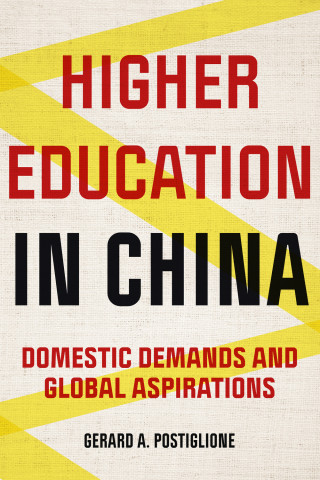
Reviews
The 160-Character Solution... argues text messages can be used as one of several behavioral strategies, or 'nudges,' that can help students make informed decisions at key points during their educational careers.
...Castleman proposes simple solutions for big problems. He links empirical research to practical applications that make "interventions highly customized" to facilitate access to a college education more equitably. The book will serve as a starting point for stakeholders interested in exploring ways to improve the college application processes and student retention rates.
[Castleman's book] offer[s] some useful insights from scholarly work about ways in which people can be systematically irrational in their decisions.
Castleman does a wonderful job explaining how behavioral science can be used in a concrete way to improve educational outcomes. No one has brought these ideas together in one book focused on education before.
This important book comes at just the right time. We are realizing that making good educational decisions requires far more than just knowledge about the options and a desire for positive outcomes. Parents and students need to keep their attention set on education when numerous other issues vie for attention each day. Small choices about skipping reading to a preschooler at night or loosing track of a high schooler’s homework can have big consequences. This book does a terrific job of summarizing the research showing promising approaches to overcoming these barriers, and points us towards opportunities to improve educational opportunities for students.
Castleman’s book serves as a reminder that the freedom to choose schools is only part of expanding educational opportunity. Ensuring that families are prepared to make informed choices is key, but existing policies often frustrate or overwhelm students. Using insights from cutting edge research, this book provides a useful blueprint for empowering students and improving the return on our educational investments.
Castleman has produced a wonderfully readable guide to the best research on behavioral insights and how these can be applied to help students and parents make informed educational decisions. Academics, policy makers and parents will benefit from this nice synthesis of related work from a multitude of fields and educational settings.
Book Details
Introduction
1. The Cost of Complexity
2. Starting with the Status Quo
3. Encouraging Active Decisions
4. Following Our Friends—or Not
Conclusion
Acknowledgments
Notes
Works Cited
Index





